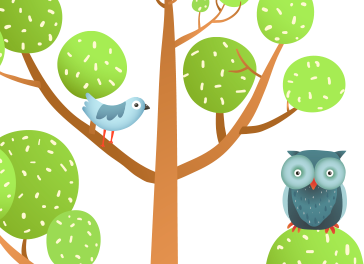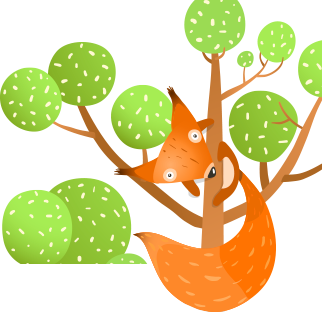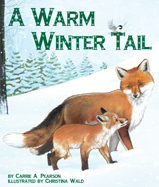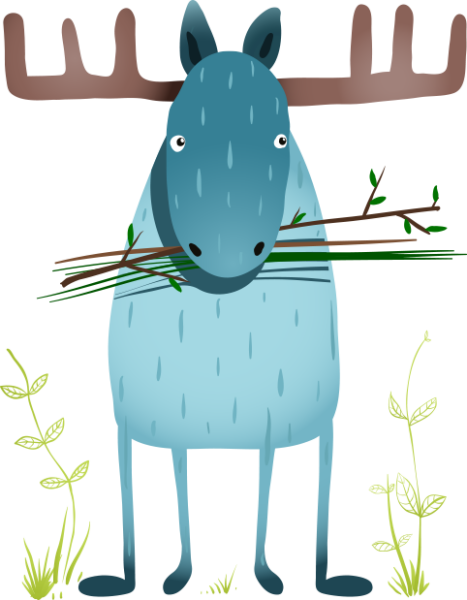“We can help a person to be himself by our own willingness to steep ourselves temporarily in his world, in his private feelings and experiences. By our affirmation of the person as he is, we give him support and strength to take the next step in his own growth.”
— Clark Moustakas
Four years ago this fall, I won the SCBWI-MI Picture Book Mentorship Award judged by Newbery Award winner, Lynne Rae Perkins. This was a turning point in my career as a writer and author. The nod from Ms. Perkins validated that I had a story worth telling and that she, a gifted author who won the highest honor in the industry, enjoyed reading it. She helped me recognize the value of my words on paper. Could there be a better gift?
My new weekly blog series will spotlight the importance of mentorship in our field and how the act of helping one helps us all. I’ll interview people who have been menteed as well as mentors.
I believe everyone, even those new to the field, has something to offer. Mentoring, whether formal, like the annual SCBWI- Michigan Mentorship Award, or informal, such as offering to give thoughts on a new chapter, is all worthwhile. Who knows what next step you might help someone take?
Watch for my first interview with Melissa Shanker, winner of the 2012 SCBWI-MI Mentorship Award on Monday, November 7th.





